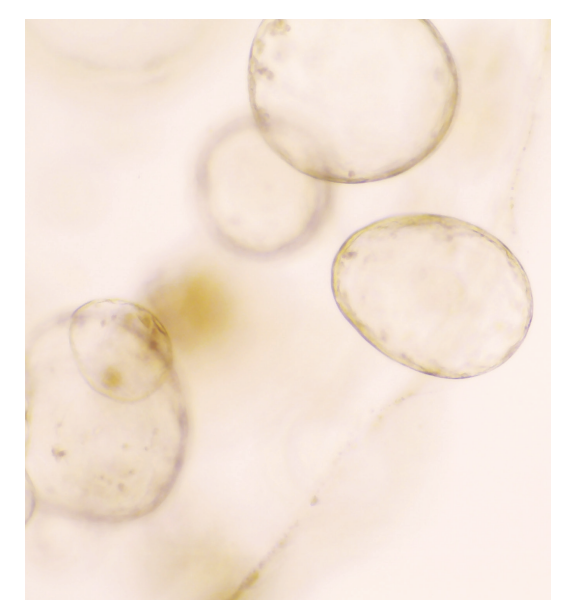Article highlights & insights
This study highlights a frequent pathogenic mechanism in human AML: the tissue-inappropriate derepression of a mesenchymal forkhead box transcription factor gene with functional consequences and prognostic significance. They also highlight FOXC1 as a HOX-collaborating factor. Continued FOXC1 repression in normal hematopoietic cells is Polycomb repressive complex 2 (PRC2) dependent, because treatment of CD34+ cells with distinct PRC2 inhibitors led to significant increases in its expression. However, bioinformatics analyses demonstrated that in AML, there is no widespread derepression of genes normally marked by Polycomb in CD34+ cells. Thus FOXC1 derepression in AML represents a locus-specific phenomenon rather than a genome-wide failure of Polycomb activity.
This study highlights a frequent pathogenic mechanism in human AML: the tissue-inappropriate derepression of a mesenchymal forkhead box transcription factor gene with functional consequences and prognostic significance. They also highlight FOXC1 as a HOX-collaborating factor. Continued FOXC1 repression in normal hematopoietic cells is Polycomb repressive complex 2 (PRC2) dependent, because treatment of CD34+ cells with distinct PRC2 inhibitors led to significant increases in its expression. However, bioinformatics analyses demonstrated that in AML, there is no widespread derepression of genes normally marked by Polycomb in CD34+ cells. Thus FOXC1 derepression in AML represents a locus-specific phenomenon rather than a genome-wide failure of Polycomb activity.




